Photo courtesy of Stephan Schwander
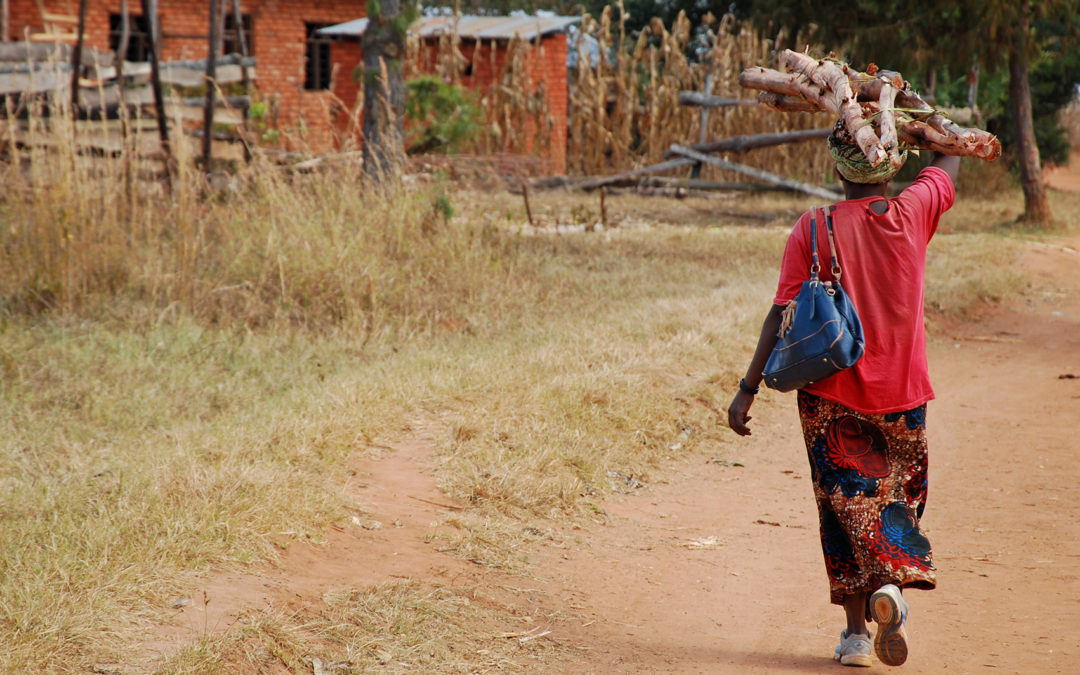
Health Care Lessons Learned from Other Cultures
The experience of spending two weeks in Tanzania as part of a global health educational program opened nine Rutgers students to the realities of medicine in a low-income country. A portion of the donations to Rutgers Global Health Institute during last year’s Rutgers Giving Day helped support this year’s program.
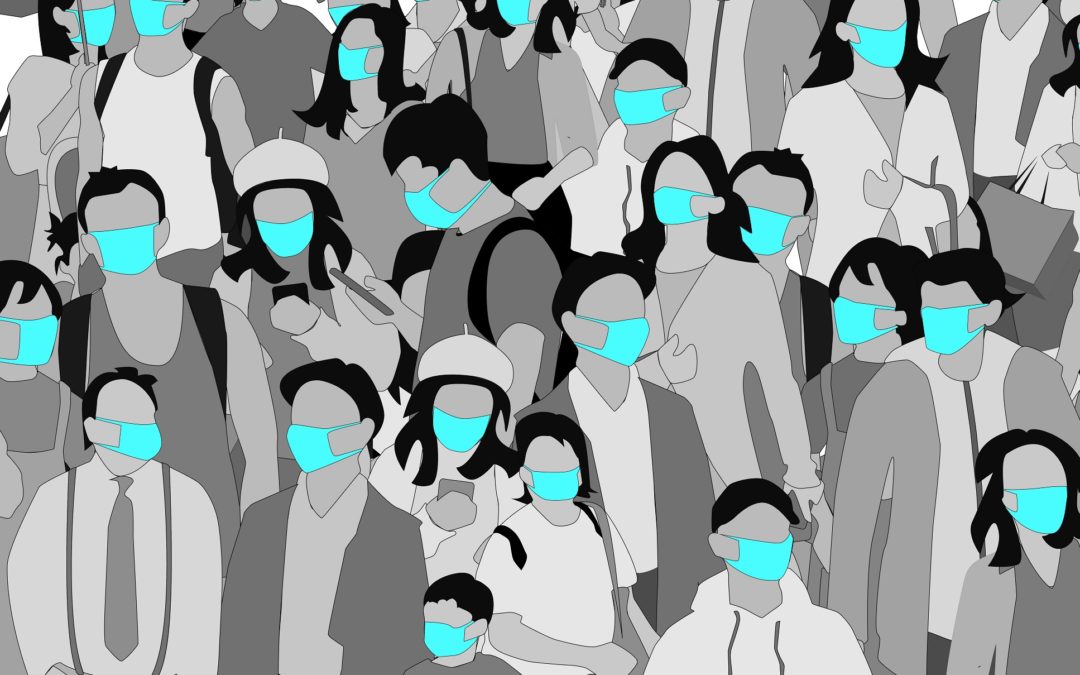
The Real World of Global Health
The first graduates of New Jersey Medical School’s global health distinction program talk about what they’re thinking and feeling as they careen into the medical profession during the COVID-19 pandemic.
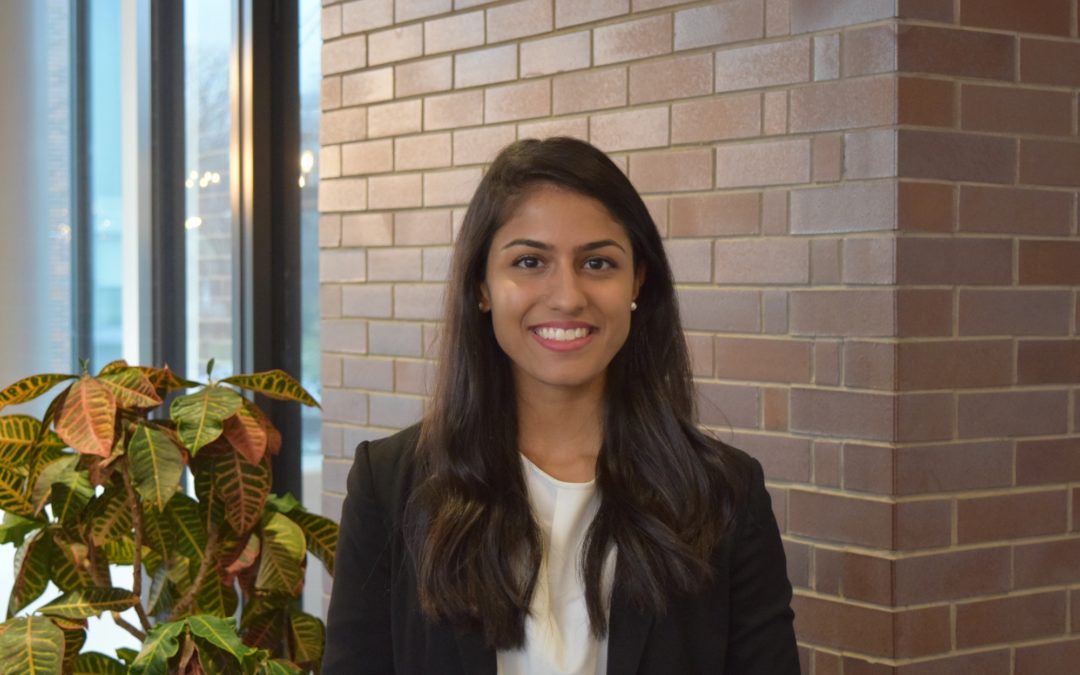
When ‘Global Health’ Hits Home
Much of Mansi Shah’s undergraduate experience at Rutgers has involved caring for marginalized populations, whether close to home or in another country. She’s come to understand it’s all global health, an outlook that will continue to inform her path long after graduation.
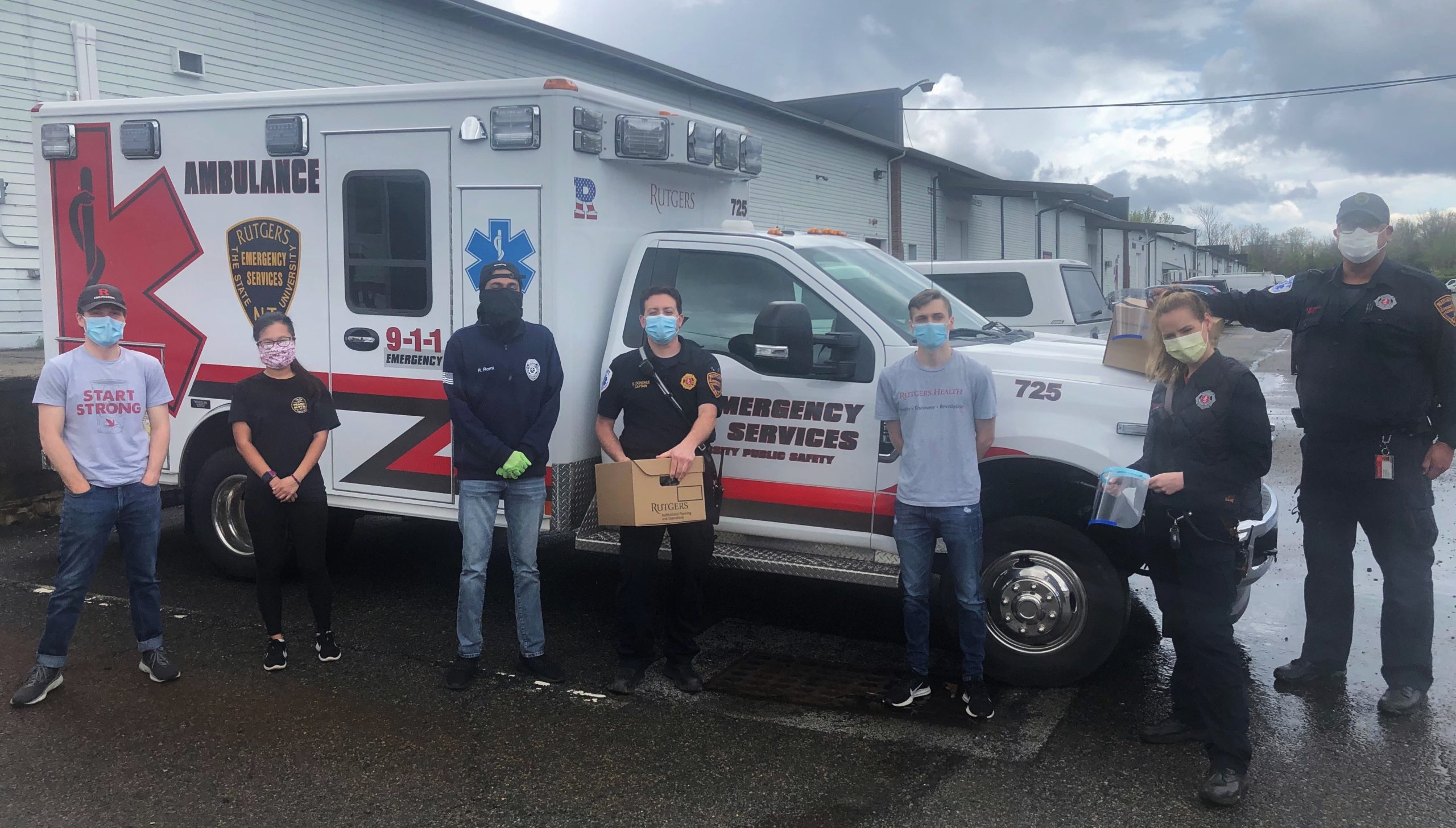
Student Council Supports Local Health Workers and Residents
A campaign led by graduate student Jack Hemphill is underway to collect, produce, and donate items that are in short supply during the COVID-19 pandemic. The Rutgers Global Health Institute Student Council is responding to urgent local needs, such as PPE for health workers as well as food and personal hygiene products for community members.
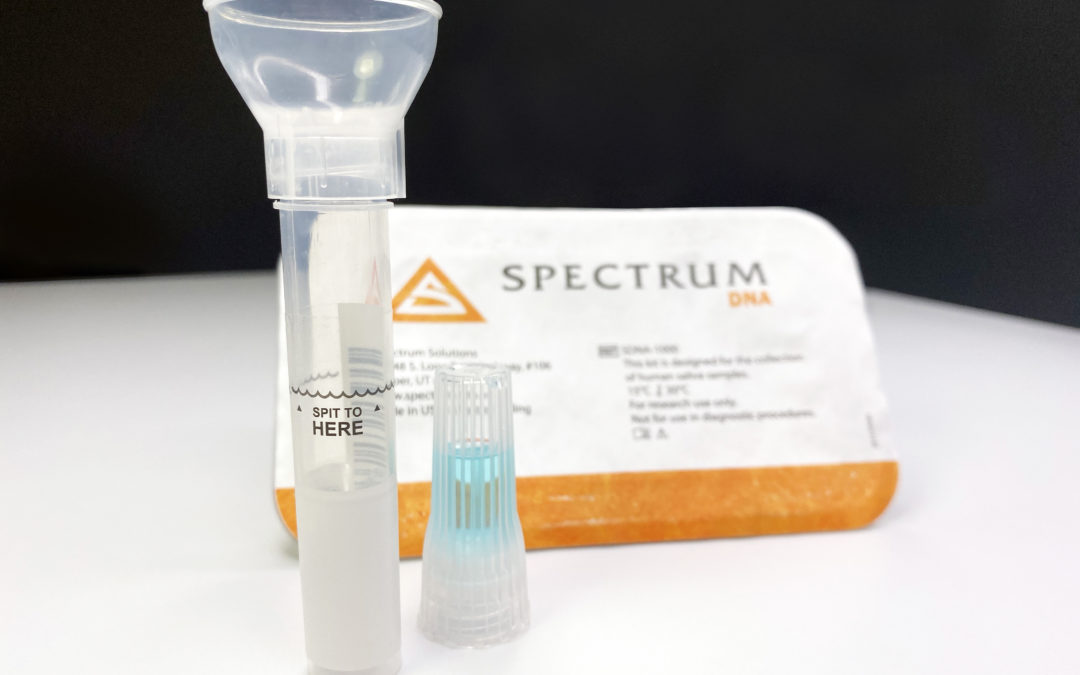
FDA Clears First Home Saliva Test for Coronavirus
The New York Times reports that the FDA granted emergency authorization for the at-home saliva collection kit that was developed at Rutgers by RUCDR Infinite Biologics. The laboratory’s COO and director of technology development, Andrew Brooks, said Rutgers has 75,000 test kits ready to ship and can process 20,000 tests each day, with a 48-hour turnaround. He expects other labs around the country to adopt it for their own use.
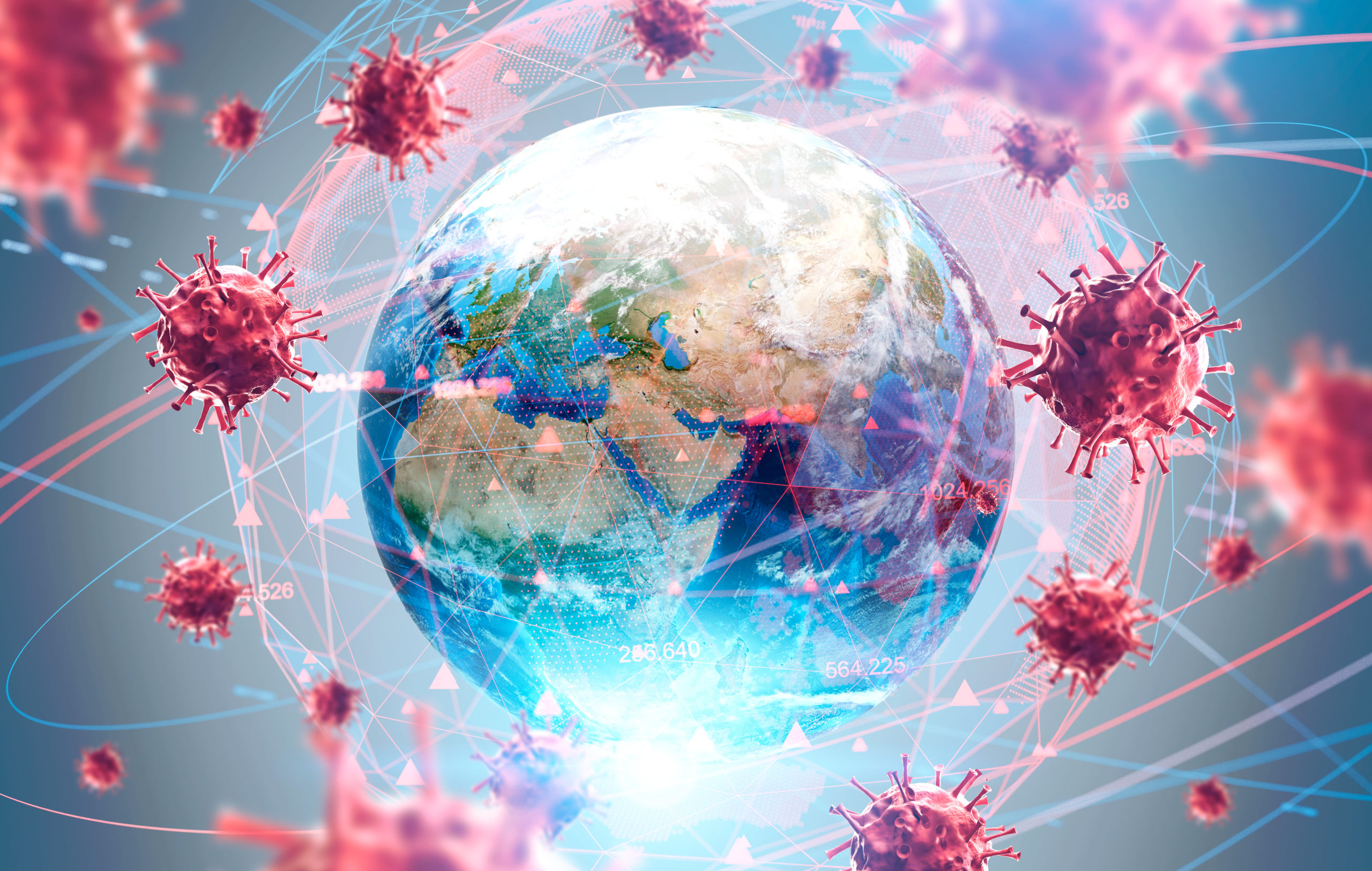
Rutgers Responds to the Coronavirus Outbreak
Rutgers experts offer insight and advice on a range of topics related to COVID-19.
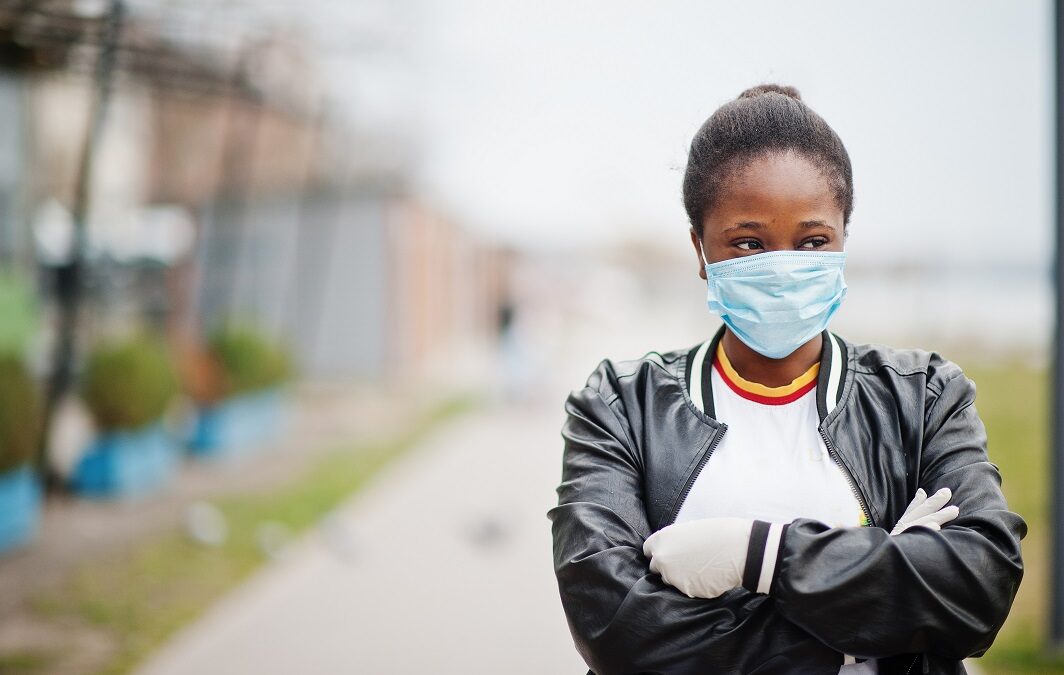
Rutgers faculty discusses effect of coronavirus on minority communities
Epidemics widen the gap between the haves and have-nots in healthcare, Rutgers Global Health Institute director Richard Marlink told the Daily Targum.
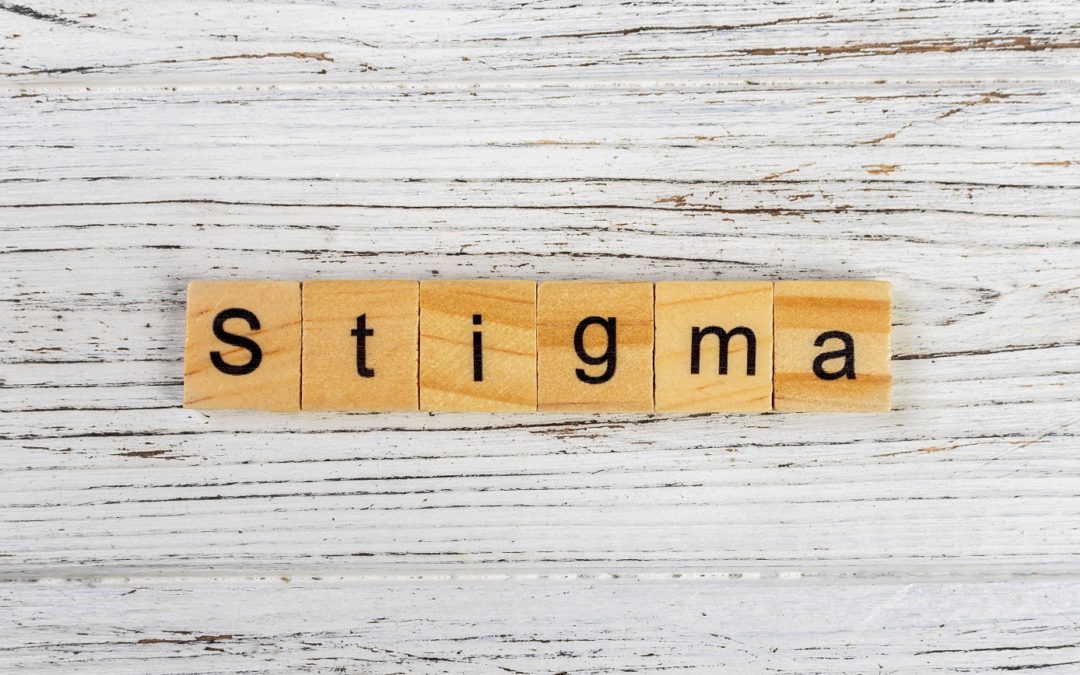
The scarlet C: Coronavirus survivors face the stigma and discrimination
Rutgers Global Health Institute director Richard Marlink is quoted in this Los Angeles Times story about the stigma and discrimination COVID-19 victims are facing.

COVID-19: Limited health care access further divides ‘haves’ from ‘have-nots’
Richard Marlink, director of Rutgers Global Health Institute, spoke with Healio Primary Care about the ways in which social determinants of health are impacting patients during the COVID-19 pandemic.
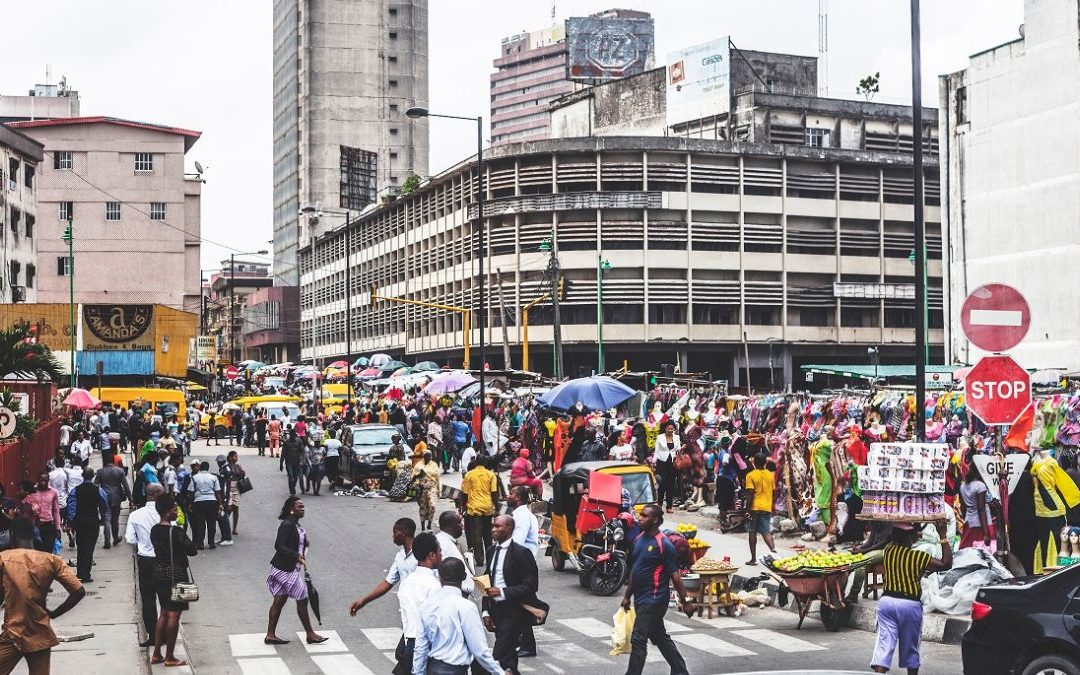
Impact of COVID-19 in Sub-Saharan Africa
COVID-19 has reached many sub-Saharan African countries that are already suffering from malnutrition and disease, under-resourced health systems, and limited economic funding. Richard Marlink, director of Rutgers Global Health Institute and a leader in the global response to HIV/AIDS, discusses how this pandemic is likely to impact the African region and what can be done to help these countries.
